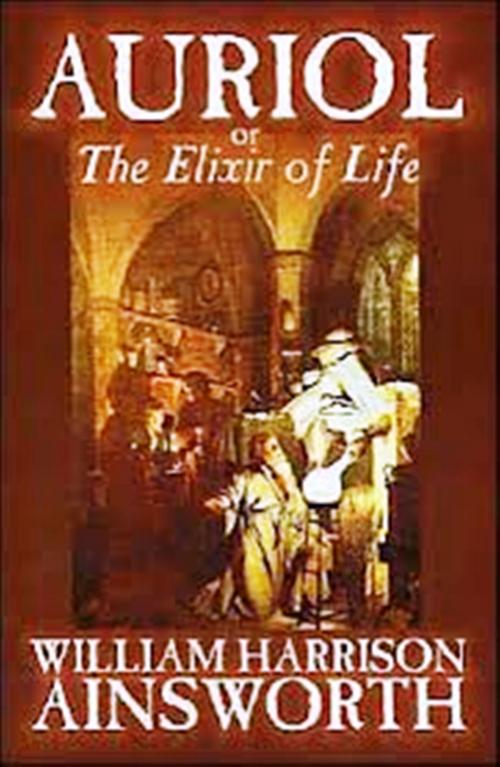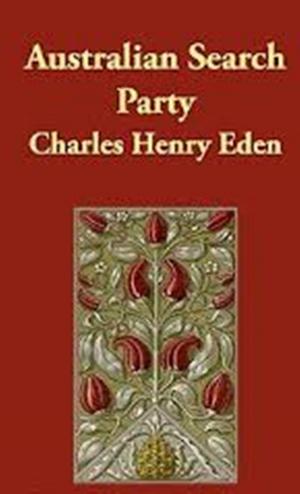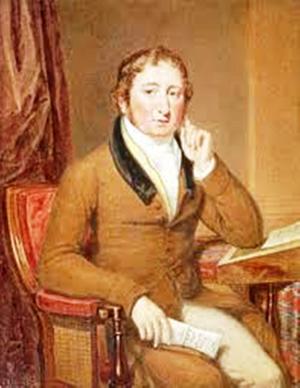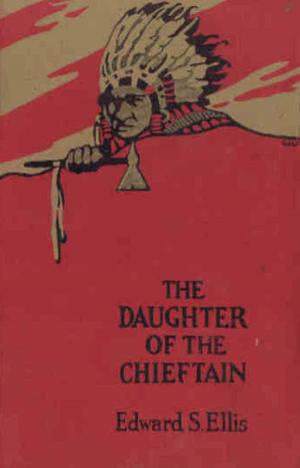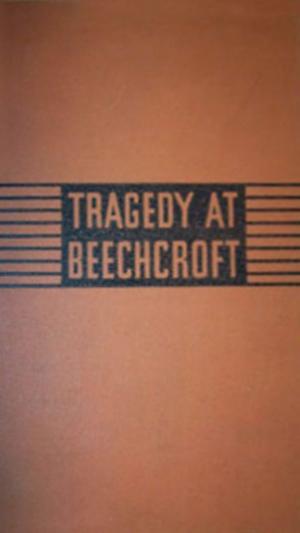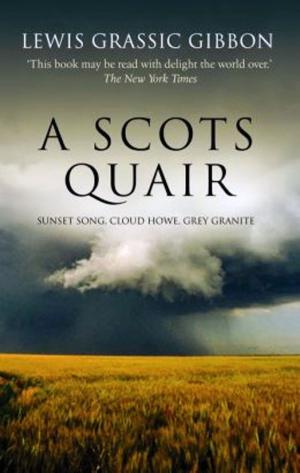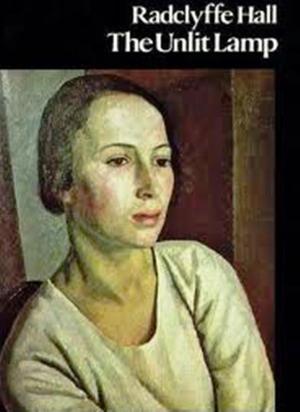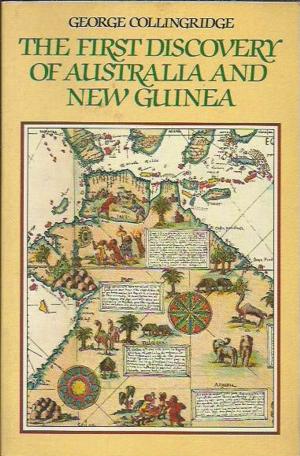| Author: | William Harrison Ainsworth | ISBN: | 1230000139105 |
| Publisher: | WDS Publishing | Publication: | June 4, 2013 |
| Imprint: | Language: | English |
| Author: | William Harrison Ainsworth |
| ISBN: | 1230000139105 |
| Publisher: | WDS Publishing |
| Publication: | June 4, 2013 |
| Imprint: | |
| Language: | English |
The Sixteenth Century drew to a close. It was the last day of the last year, and two hours only were wanting to the birth of another year and of another century.
The night was solemn and beautiful. Myriads of stars paved the deep vault of heaven; the crescent moon hung like a silver lamp in the midst of them; a stream of rosy and quivering light issuing from the north traversed the sky, like the tail of some stupendous comet; while from its point of effluence broke forth, ever and anon, coruscations rivalling in splendour and variety of hue the most brilliant discharge of fireworks.
A sharp frost prevailed; but the atmosphere was clear and dry, and neither wind nor snow aggravated the wholesome rigour of the season. The water lay in thick congealed masses around the conduits and wells, and the buckets were frozen on their stands. The thoroughfares were sheeted with ice, and dangerous to horsemen and vehicles; but the footways were firm and pleasant to the tread.
Here and there, a fire was lighted in the streets, round which ragged urchins and mendicants were collected, roasting fragments of meat stuck upon iron prongs; or quaffing deep draughts of metheglin and ale, out of leathern cups. Crowds were collected in the open places, watching the wonders in the heavens, and drawing auguries from them, chiefly sinister, for most of the beholders thought the signs portended the speedy death of the queen, and the advent of a new monarch from the north a safe and easy interpretation, considering the advanced age and declining health of the illustrious Elizabeth, together with the known appointment of her successor, James of Scotland.
Notwithstanding the early habits of the times, few persons had retired to rest, a universal wish prevailing among the citizens to see the new year in, and welcome the century accompanying it. Lights glimmered in most windows, revealing the holly-sprigs and laurel leaves stuck thickly in their diamond panes; while, whenever a door was opened, a ruddy gleam burst across the street; and a glance inside the dwelling showed its inmates either gathered round the glowing hearth, occupied in mirthful sports—fox-i'-th'-hole, blind-man's-buff, or shoe-the-mare—or seated at the ample board groaning with Christmas cheer.
Music and singing were heard at every comer, and bands of comely damsels, escorted by their sweethearts, went from house to house, bearing huge brown bowls dressed with ribands and rosemary, and filled with a drink called "lamb's-wool", composed of sturdy ale, sweetened with sugar, spiced with nutmeg, and having toasts and burnt crabs floating within it,—a draught from which seldom brought its pretty bearers less than a groat, and occasionally a more valuable coin. Such was the vigil of the year 1600.
On this night, and at the tenth hour, a man of striking and venerable appearance was seen to emerge upon a small wooden balcony, projecting from a bay-window near the top of a picturesque structure situated at the southern extremity of London-bridge.
The old man's beard and hair were as white as snow—the former descending almost to his girdle; so were the thick over—hanging brows that shaded his still piercing eyes. His forehead, was high, bald, and ploughed by innumerable
The Sixteenth Century drew to a close. It was the last day of the last year, and two hours only were wanting to the birth of another year and of another century.
The night was solemn and beautiful. Myriads of stars paved the deep vault of heaven; the crescent moon hung like a silver lamp in the midst of them; a stream of rosy and quivering light issuing from the north traversed the sky, like the tail of some stupendous comet; while from its point of effluence broke forth, ever and anon, coruscations rivalling in splendour and variety of hue the most brilliant discharge of fireworks.
A sharp frost prevailed; but the atmosphere was clear and dry, and neither wind nor snow aggravated the wholesome rigour of the season. The water lay in thick congealed masses around the conduits and wells, and the buckets were frozen on their stands. The thoroughfares were sheeted with ice, and dangerous to horsemen and vehicles; but the footways were firm and pleasant to the tread.
Here and there, a fire was lighted in the streets, round which ragged urchins and mendicants were collected, roasting fragments of meat stuck upon iron prongs; or quaffing deep draughts of metheglin and ale, out of leathern cups. Crowds were collected in the open places, watching the wonders in the heavens, and drawing auguries from them, chiefly sinister, for most of the beholders thought the signs portended the speedy death of the queen, and the advent of a new monarch from the north a safe and easy interpretation, considering the advanced age and declining health of the illustrious Elizabeth, together with the known appointment of her successor, James of Scotland.
Notwithstanding the early habits of the times, few persons had retired to rest, a universal wish prevailing among the citizens to see the new year in, and welcome the century accompanying it. Lights glimmered in most windows, revealing the holly-sprigs and laurel leaves stuck thickly in their diamond panes; while, whenever a door was opened, a ruddy gleam burst across the street; and a glance inside the dwelling showed its inmates either gathered round the glowing hearth, occupied in mirthful sports—fox-i'-th'-hole, blind-man's-buff, or shoe-the-mare—or seated at the ample board groaning with Christmas cheer.
Music and singing were heard at every comer, and bands of comely damsels, escorted by their sweethearts, went from house to house, bearing huge brown bowls dressed with ribands and rosemary, and filled with a drink called "lamb's-wool", composed of sturdy ale, sweetened with sugar, spiced with nutmeg, and having toasts and burnt crabs floating within it,—a draught from which seldom brought its pretty bearers less than a groat, and occasionally a more valuable coin. Such was the vigil of the year 1600.
On this night, and at the tenth hour, a man of striking and venerable appearance was seen to emerge upon a small wooden balcony, projecting from a bay-window near the top of a picturesque structure situated at the southern extremity of London-bridge.
The old man's beard and hair were as white as snow—the former descending almost to his girdle; so were the thick over—hanging brows that shaded his still piercing eyes. His forehead, was high, bald, and ploughed by innumerable
